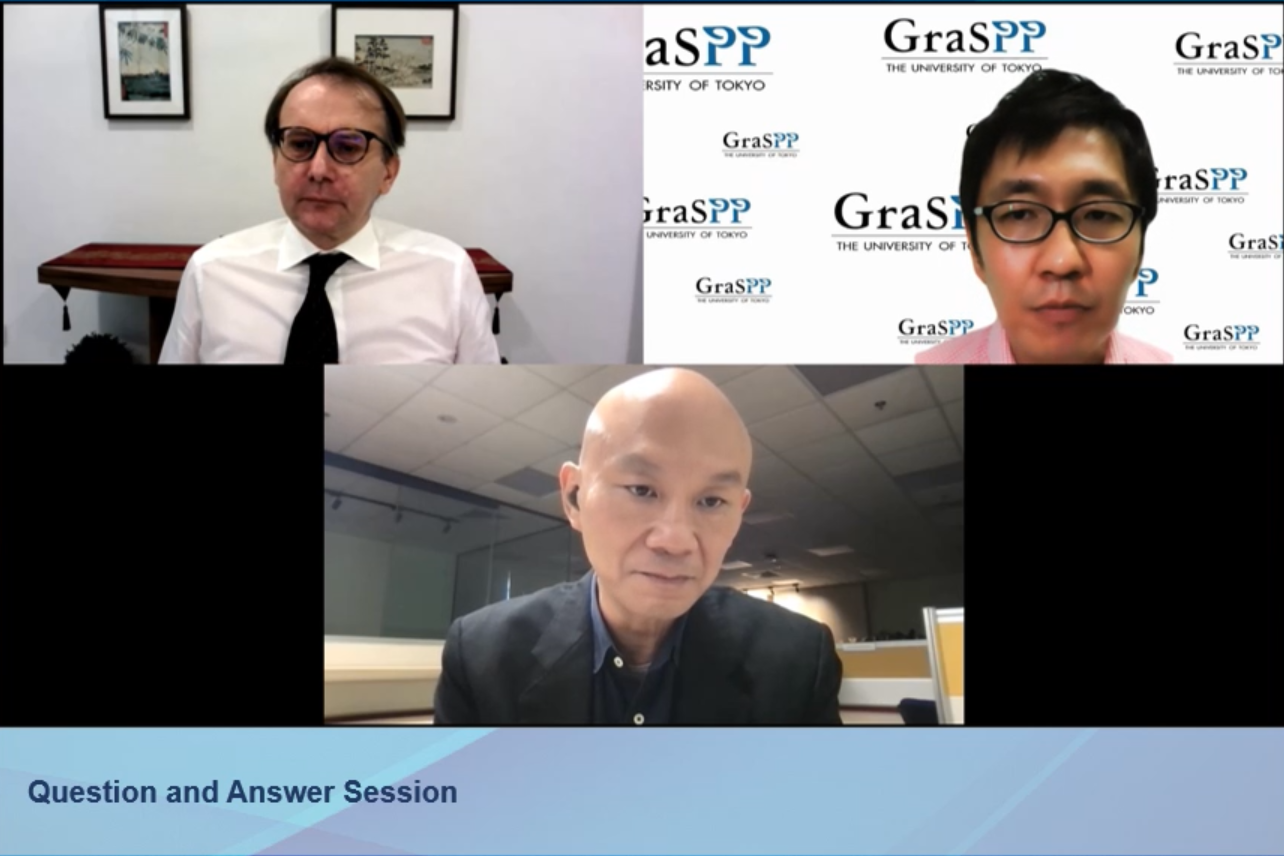

Dr Paul Hedges of the Studies in Inter-Religious Relations in Plural Societies (SRP) Programme launched his second book this year via a webinar on 5 August 2021. Understanding Religion: Theories and Methods for Studying Religiously Diverse Societies is a cutting-edge title appealing to students, established scholars and general readers. The launch was attended by a panel of experts from Australia, Europe and South East Asia, as well as participants from a wide range of organisations and time zones.
In his opening remarks, Professor Ralf Emmers, Dean of RSIS, highlighted the multidisciplinary tools introduced in the book as well as its focus on non-western as well as western societies. Dr Hedges then spoke about the motivations behind writing the book, including the need for a text to introduce graduate students from other disciplines to the study of religion. This was followed by comments from the panel of scholars.
Professor Carole Cusack, a panel member from the University of Sydney, spoke about change in the field of religious studies. She remarked how several issues discussed in Dr Hedges’ book, like the ontological and epistemological assumptions underlying scholarship, were previously unexplored, and how she and others could have been better students had they had access to Dr Hedges’ book. Dr Hedges’ book had demonstrated the saying that religious studies is about everything, and conversely, that everything one needs to know may be found within religious studies.
Next, Dr Jayeel Cornelio, from the Ateneo de Manila University, spoke about decolonising scholarship — an ongoing effort that Dr Hedges’ book contributes to. Then, Dr Chris Cotter from the University of Edinburgh praised the book for bringing clarity to complex subjects such as post-modernism and the cognitive science of religion. Finally, NTU’s Dr Laavanya Kathiravelu commended the book’s juxtaposition of geographically diverse case studies.
The book launch concluded with a panel discussion, touching in particular on issues of lived and material religion and identity salience, before a Q&A session.
























